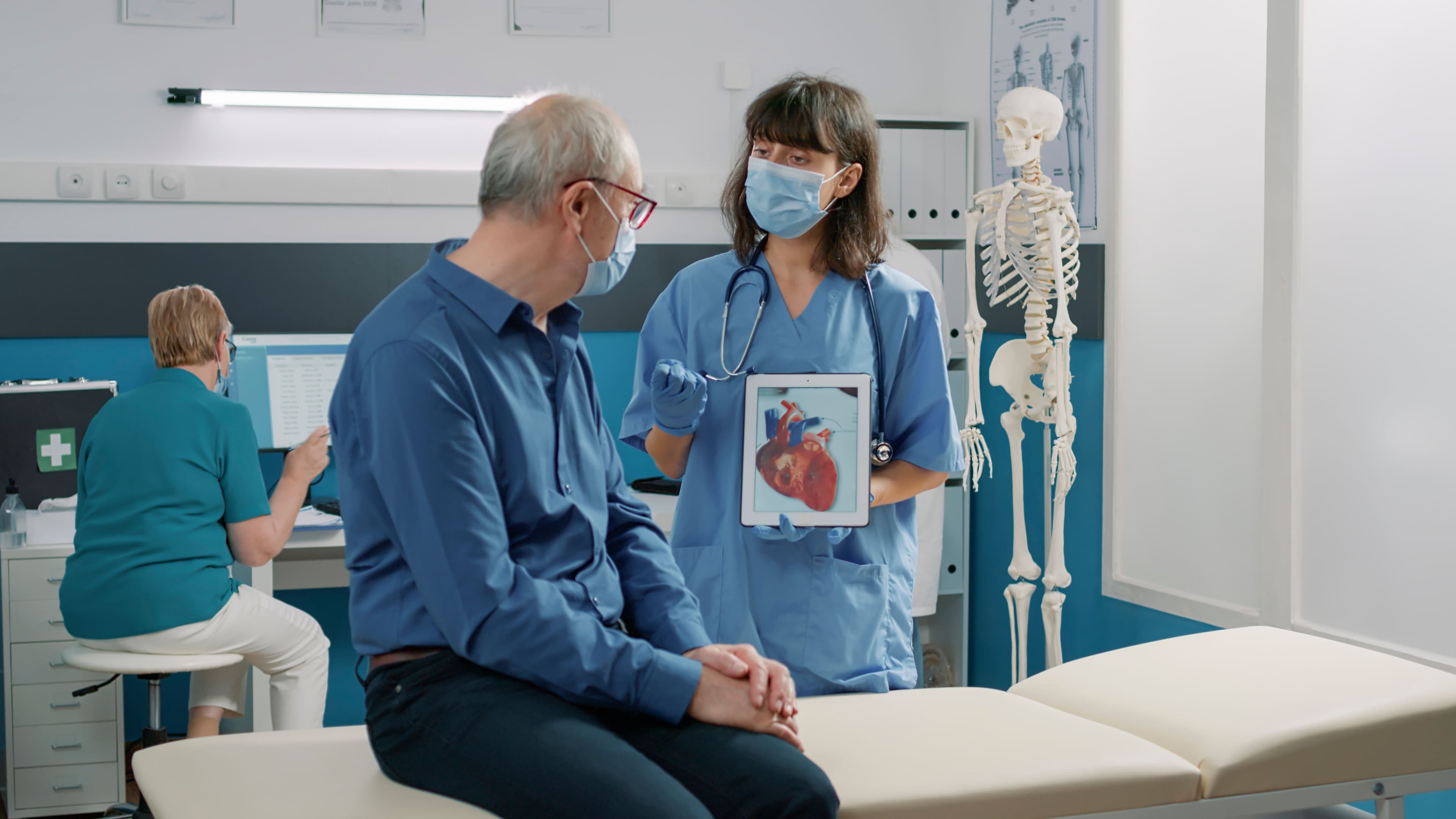
What Are The Top 10 Disabilities?
What Are the Top 10 Disabilities That Qualify for Benefits?
Under U.S. law, a person qualifies for disability benefits if they have a medically determinable physical or mental impairment expected to last at least 12 months or result in death—and if the condition prevents substantial gainful activity. This legal standard applies whether you're seeking Social Security Disability Insurance (SSDI) or Supplemental Security Income (SSI).
According to the Social Security Administration’s 2022 Annual Statistical Report, here are the top 10 disabilities that most commonly lead to benefits approval.
1. Musculoskeletal System and Connective Tissue Disorders
Percentage of recipients: 34.1%
Approximate cases: Nearly 2.6 million
These impairments primarily affect mobility and physical function and include:
 Fibromyalgia
Fibromyalgia Spinal disorders
Spinal disorders Degenerative disc disease
Degenerative disc disease Scoliosis
Scoliosis Ruptured disc
Ruptured disc Arthritis
Arthritis
Many of these conditions result in chronic pain and limited movement, preventing individuals from working in physically demanding roles.
2. Depression, Bipolar Disorder & Mood Disorders
Percentage of recipients: 12.7%
Approximate cases: ~1 million
Mood disorders like major depressive disorder and bipolar disorder can make it incredibly difficult to maintain employment. These often co-occur with other conditions, further complicating eligibility and treatment.
3. Nervous System and Sense Organ Disorders
Percentage of recipients: 10%
Approximate cases: 760,000+
These conditions impact brain and nerve function and include:
 Epilepsy
Epilepsy Multiple sclerosis
Multiple sclerosis Parkinson’s disease
Parkinson’s disease Bell’s palsy
Bell’s palsy Brain and spinal cord injuries
Brain and spinal cord injuries
4. Circulatory System Disorders
Percentage of recipients: 7.6%
Approximate cases: 580,000+
These life-altering conditions impair the heart and vascular system, including:
 Heart attacks
Heart attacks Congestive heart failure
Congestive heart failure Strokes
Strokes Irregular heart rhythms (dysrhythmia)
Irregular heart rhythms (dysrhythmia)
5. Other Mental Disorders
Percentage of recipients: 4.4%
Approximate cases: 338,000+
This category covers mental health conditions not otherwise specified—like certain anxiety disorders, obsessive-compulsive disorder (OCD), and adjustment disorders.
6. Schizophrenia Spectrum & Psychotic Disorders
Percentage of recipients: 4.4%
Approximate cases: 332,000+
Disabling symptoms of schizophrenia include:
 Hallucinations
Hallucinations Delusions
Delusions Disorganized thoughts or behavior
Disorganized thoughts or behavior Impaired social function
Impaired social function
These conditions can severely impair the ability to communicate, concentrate, and maintain employment.
7. Intellectual Disorders
Percentage of recipients: 3.8%
Approximate cases: 292,000+
Intellectual disabilities limit a person’s capacity for:
 Learning
Learning Problem-solving
Problem-solving Adapting to daily tasks
Adapting to daily tasks
Often present from childhood, these conditions may qualify a person for long-term disability benefits.
8. Injuries
Percentage of recipients: 3.7%
Approximate cases: 287,000+
Serious injuries from car accidents, slip and falls, or workplace incidents can result in:
 Permanent mobility issues
Permanent mobility issues Nerve damage
Nerve damage Amputation
Amputation Paralysis
Paralysis
These cases often involve personal injury lawsuits in addition to disability claims.
9. Neoplasms (Tumors)
Percentage of recipients: 3.5%
Approximate cases: 265,000+
Neoplasms include benign and malignant tumors. While cancer treatments can be successful, the side effects and related conditions often qualify patients for SSDI or SSI.
10. Neurocognitive Disorders
📊 Percentage of recipients: 3%
🧠 Approximate cases: 225,000+
These include:
 Alzheimer’s disease
Alzheimer’s disease Vascular dementia
Vascular dementia Other cognitive impairments
Other cognitive impairments
Such conditions make it difficult to remember, learn new things, or make decisions—often requiring full-time care or supervision.
Need Help After an Accident That Caused a Disability?
Georgia Personal Injury Lawyers
We focus exclusively on serious personal injury cases, including:
Assault Injuries
Bad Faith Insurance
Bicycle Accident
Brain Injury
Bus Accidents
Car Accidents
Catastrophic Injuries
Child Injuries
Construction Accidents
Dog Bites
If your life was disrupted by someone else's negligence, we're here to restore your power through the law.











